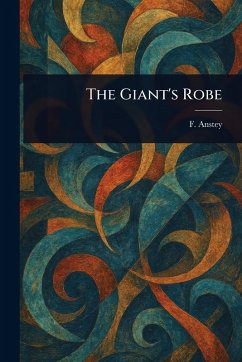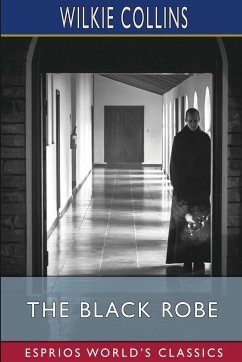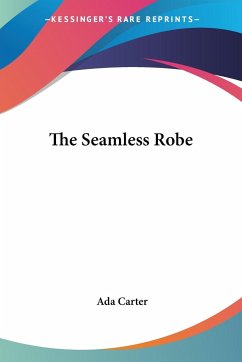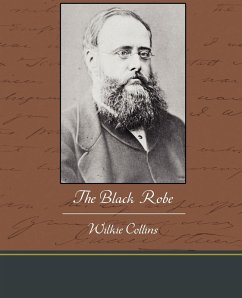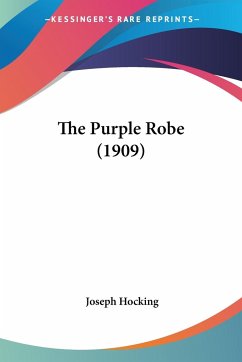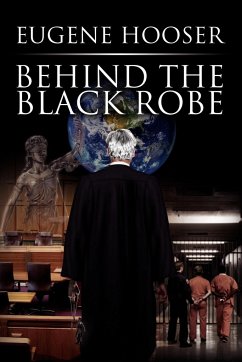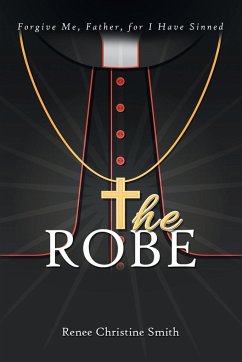Nicht lieferbar
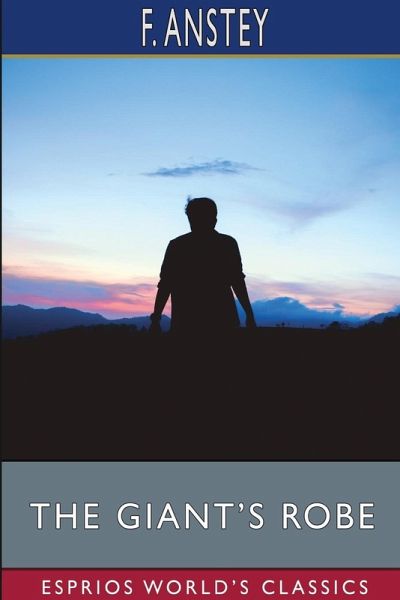
The Giant's Robe (Esprios Classics)
Versandkostenfrei!
Nicht lieferbar
Thomas Anstey Guthrie (8 August 1856 - 10 March 1934) was an English author (writing as F. Anstey), most noted for his comic novel Vice Versa about a boarding-school boy and his father exchanging identities. His reputation was confirmed by The Tinted Venus and many humorous parodies in Punch magazine. The popular success of his story Vice Versa (1882) with its topsy turvy substitution of a father for his schoolboy son, at once made his reputation as a humorist of an original type. In 1883, he published a serious novel, The Giant's Robe, which George Gissing described as 'very poor stuff'.




